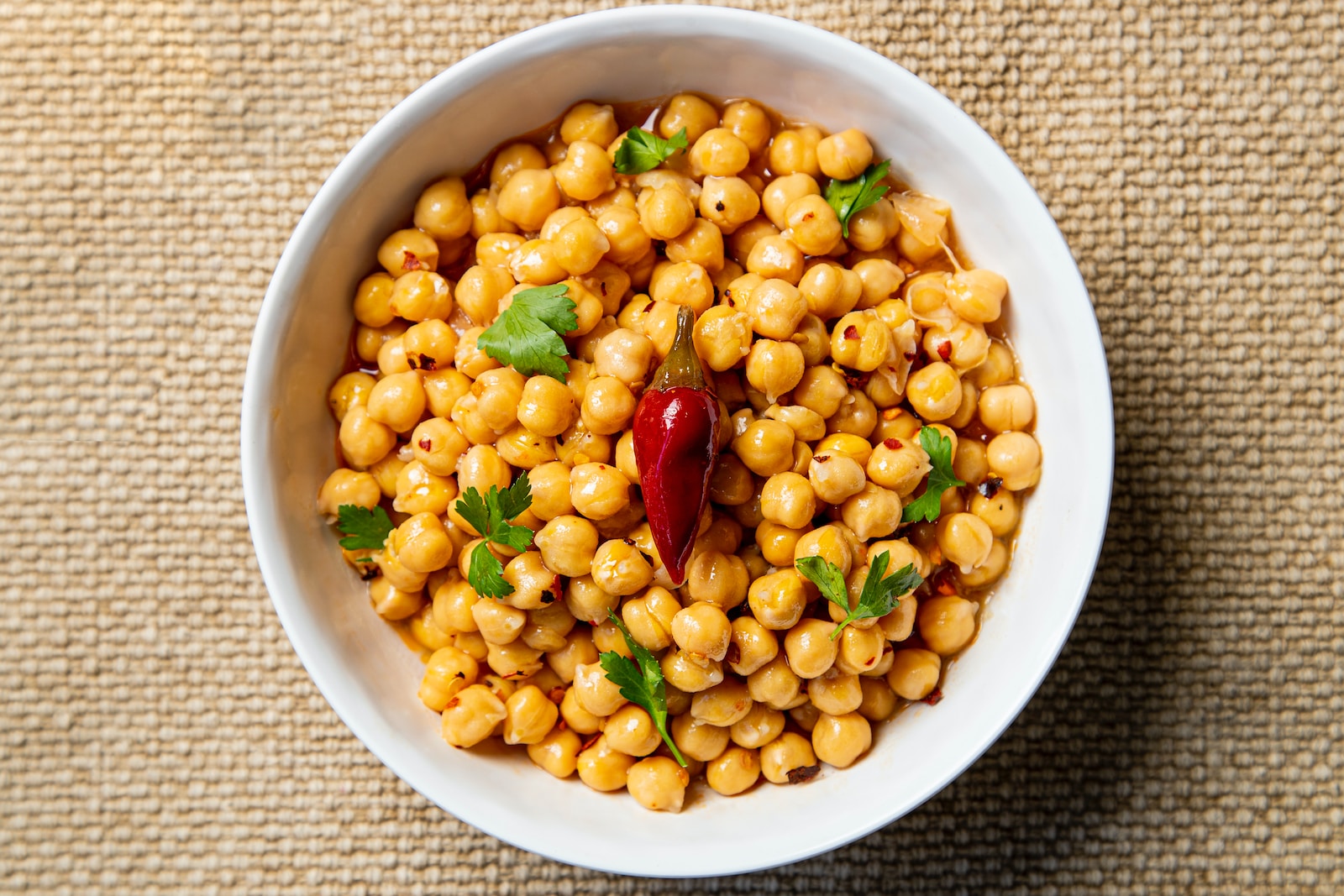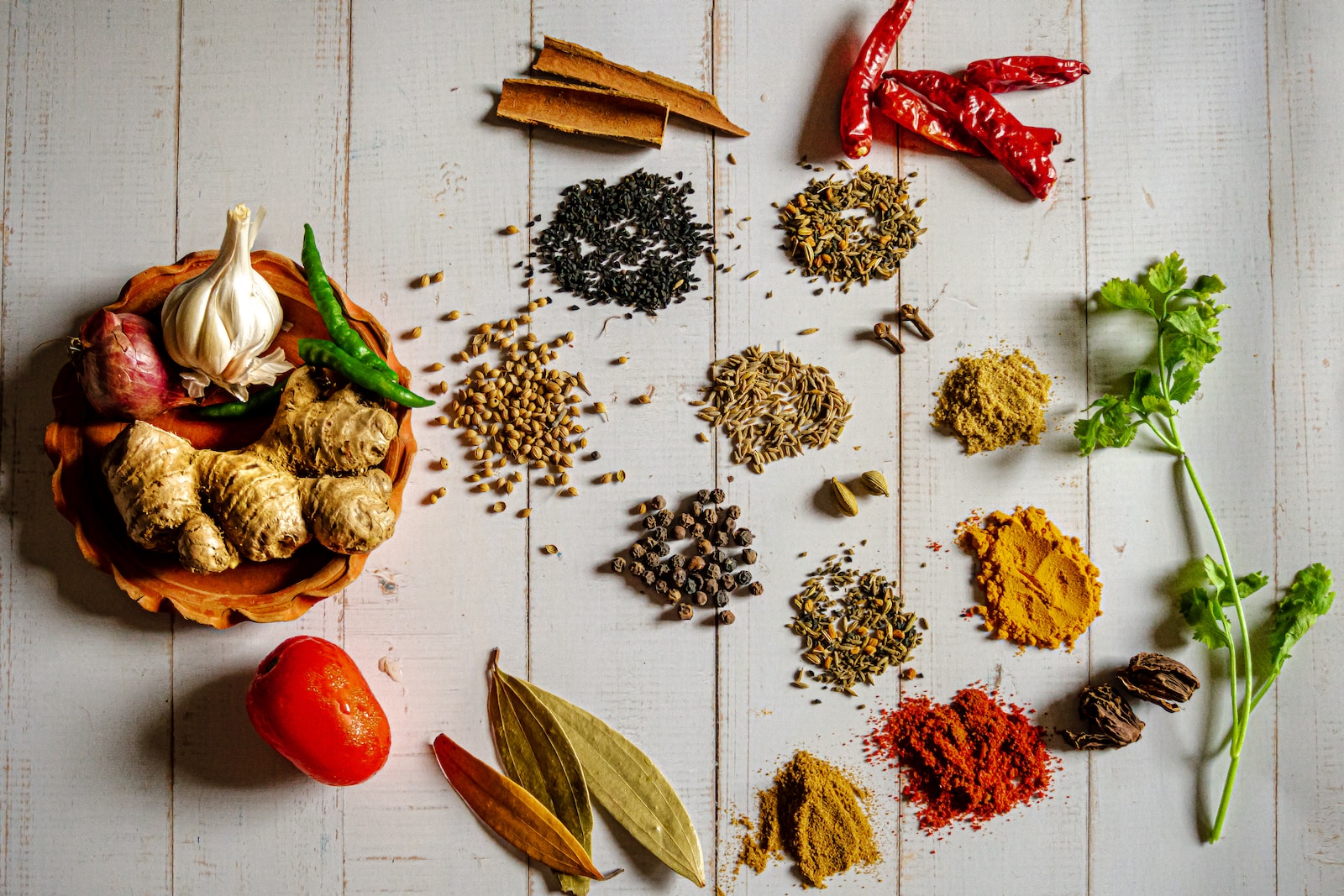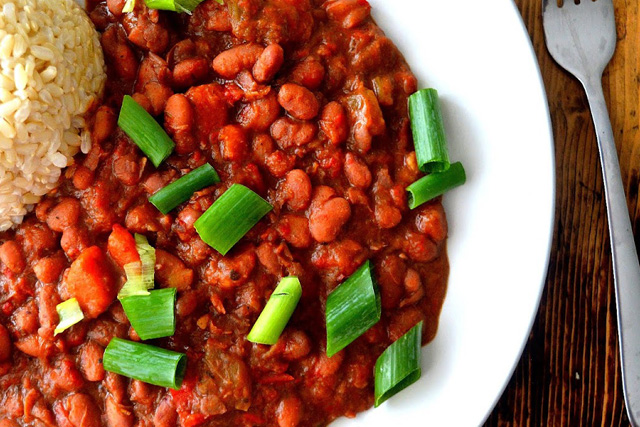Nourishing with Iron: Unlocking the Benefits of Plant-Based Sources
Iron is an essential mineral that plays a vital role in our overall health and well-being. While it’s commonly associated with animal products, plant-based sources of iron can provide all the nourishment our bodies need. In this article, we’ll explore the benefits of incorporating plant-based iron sources into your diet, debunk common myths, and highlight some delicious iron-rich foods that will keep you energized and thriving.
The Power of Plant-Based Iron
Plant-based iron, also known as non-heme iron, may have some advantages over its animal-derived counterpart. It is worth noting that while plant-based iron may be absorbed at a slightly lower rate, a well-balanced vegan diet can provide more than enough iron to meet your daily requirements. In fact, plant-based diets have been shown to be just as effective as omnivorous diets in preventing iron deficiency anemia.
Health Benefits of Plant-Based Iron
Iron is an essential component of hemoglobin, the protein responsible for transporting oxygen throughout the body. Adequate iron intake supports healthy red blood cell production and ensures optimal oxygen delivery to tissues and organs. Iron also plays a role in maintaining a robust immune system, promoting cognitive function, and supporting overall energy levels.
Plant-Based Iron-Rich Foods
Fortunately, there are numerous plant-based sources of iron that can be easily incorporated into your daily meals. Here are some iron-rich foods to include in your vegan diet:
- Legumes: Lentils, chickpeas, black beans, and tofu are excellent sources of iron. They are also rich in protein and fiber, making them a nutritious addition to any meal.
- Leafy Greens: Spinach, kale, and Swiss chard are not only packed with iron but also contain vitamin C, which enhances iron absorption. Add these greens to salads, smoothies, or stir-fries.
- Nuts and Seeds: Almonds, cashews, pumpkin seeds, and chia seeds are iron-rich snacks that can be enjoyed on their own or sprinkled over salads and oatmeal.
- Whole Grains: Quinoa, brown rice, and oats offer a good amount of iron while providing fiber and other essential nutrients. Swap refined grains for whole grains to maximize your iron intake.
- Dried Fruits: Raisins, apricots, and prunes are concentrated sources of iron. They make a convenient and delicious snack on the go or can be added to trail mixes and baked goods.
- Fortified Foods: Certain plant-based foods, such as fortified cereals, plant-based milk alternatives, and nutritional yeast, are fortified with iron and other essential nutrients. Check product labels to ensure you’re getting a good dose of iron.
Tips for Maximizing Iron Absorption
To enhance iron absorption from plant-based sources, consider the following tips:
1. Pair Iron-Rich Foods with Vitamin C: Consuming foods rich in vitamin C alongside iron-rich foods can significantly boost iron absorption. Add citrus fruits, bell peppers, or tomatoes to your meals.
2. Avoid Consuming Iron Inhibitors: Some compounds, like tannins found in tea and coffee, can inhibit iron absorption. It’s best to avoid consuming these beverages with iron-rich meals. However, consuming them in between meals is generally fine.
3. Cook with Cast Iron Cookware: Cooking acidic foods (e.g., tomato-based dishes) in cast iron cookware can increase the iron content of your meals.
4. Consult a Registered Dietitian: If you have specific concerns about iron intake or absorption, consulting a registered dietitian who specializes in plant-based nutrition can provide personalized guidance and support.
Incorporating plant-based iron sources into your vegan diet is a powerful way to nourish your body and maintain optimal health while aligning with your compassionate lifestyle. By focusing on nutrient-dense plant foods, you can easily meet your iron needs without compromising your values.
Addressing Common Myths
There are several misconceptions surrounding iron intake on a vegan diet. It’s important to debunk these myths and provide accurate information:
1. Myth: Plant-based iron is not as absorbable as animal-based iron.
Fact: While it’s true that plant-based iron is not as readily absorbed as heme iron found in animal products, the body has mechanisms to regulate and optimize iron absorption from plant sources. Additionally, consuming iron-rich plant foods alongside vitamin C-rich foods can enhance absorption.
2. Myth: Vegans are more prone to iron deficiency.
Fact: Iron deficiency can occur in any diet, regardless of whether it’s plant-based or omnivorous. With proper planning and a varied vegan diet, meeting iron requirements is entirely achievable. It’s important to focus on consuming a wide range of iron-rich plant foods to ensure an adequate intake.
3. Myth: Plant-based athletes cannot build sufficient iron stores.
Fact: Plant-based athletes can indeed meet their iron needs through a well-planned diet. It’s crucial for athletes, regardless of their dietary choices, to pay attention to their iron intake and possibly consult with a registered dietitian to optimize their nutrition for athletic performance.
Scientific Support and Research
Numerous studies have shown the effectiveness of plant-based iron sources in meeting iron requirements and preventing deficiency. For example, a systematic review published in the Journal of the Academy of Nutrition and Dietetics found that vegetarians and vegans had comparable or higher iron intakes compared to omnivores.
Moreover, research published in the Journal of the American College of Nutrition highlighted the positive impact of plant-based diets on iron status. The study showed that vegetarian diets, including vegan diets, can support healthy iron levels and reduce the risk of iron deficiency anemia.
It’s important to note that individual iron needs may vary depending on factors such as age, sex, health status, and activity level. If you have specific concerns or medical conditions, it’s always recommended to consult with a healthcare professional or registered dietitian for personalized advice.
Conclusion
Building a thriving vegan lifestyle while ensuring optimal iron intake is entirely possible. By incorporating a diverse range of iron-rich plant foods, being mindful of iron absorption enhancers like vitamin C, and dispelling common myths, you can confidently embrace the benefits of plant-based iron sources.
Remember to create balanced meals that incorporate legumes, leafy greens, nuts, seeds, whole grains, and fortified foods. By making informed choices and prioritizing your health, you can nourish your body with the iron it needs while enjoying a vibrant and compassionate vegan lifestyle.
Note: The information provided in this article is for informational purposes only and should not be considered a substitute for professional medical advice or treatment. Always seek the advice of a qualified healthcare provider with any questions or concerns you may have regarding your health or dietary needs.



